Burton Car Company, The 2CV “A La Dutch”
Want to start a career as a car manufacturer…? With something cool? Here you go!
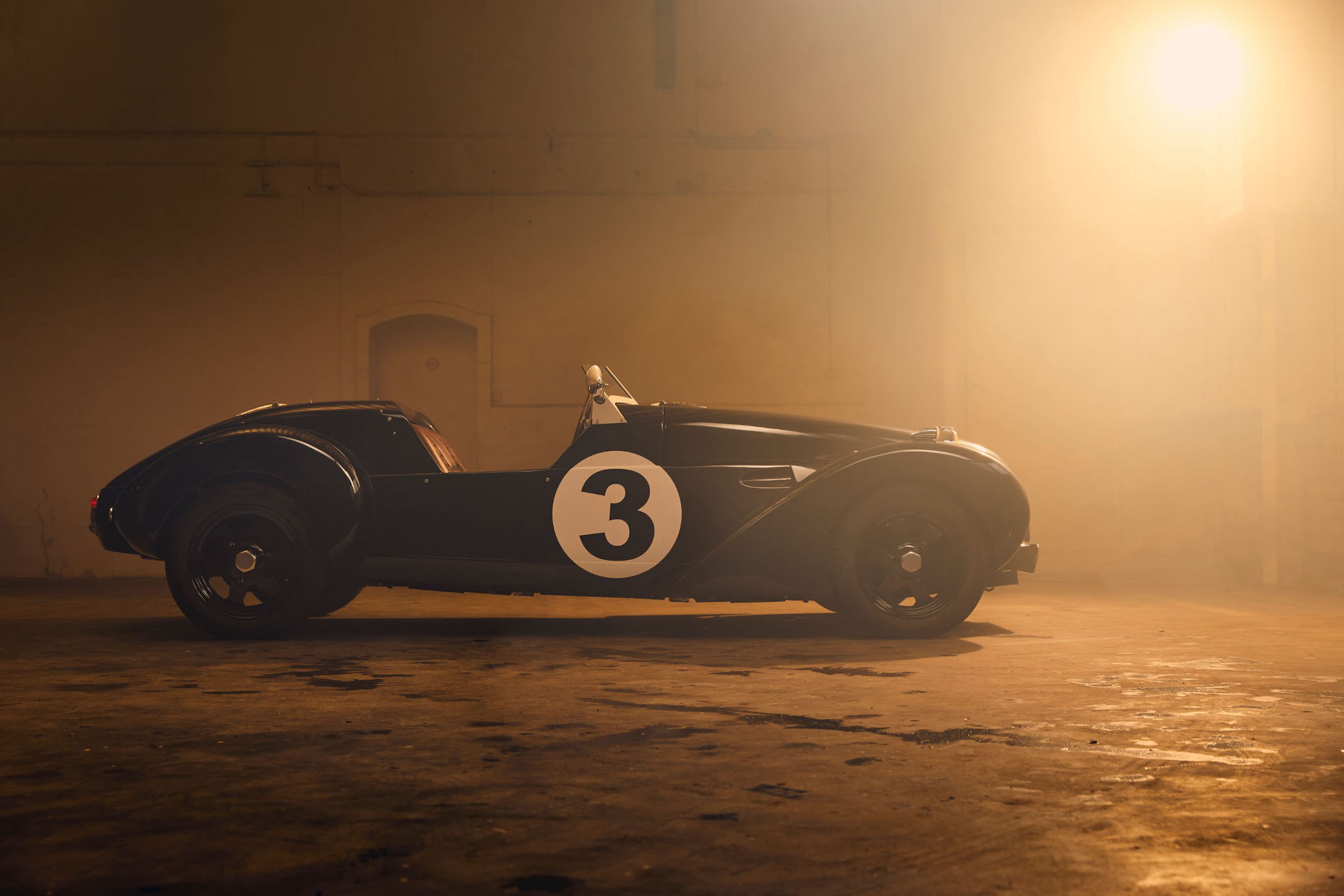
This is the story of two brothers, responsible for building the biggest independent Dutch car manufacturer, one that has always gone under the radar, which is for sale. What’s on offer? A multi-million dollar organisation with about 50 people in staff, a well-equipped facility and a clientele for about a hundred cars a year. What’s the price? North of five million USD, that’s certain despite not knowing an exact figure. Why are we covering it? They offer something cool and accessible; vintage-styled, lightweight sports cars based upon the Citroën 2CV chassis and running gear. This is the story of the Burton Car Company.
The Netherlands are not known to be a country with a huge automotive industry, but in all honesty, a lot of interesting things are being done. Take Burton for instance. Built to look like a 1950s or 1960s compact sports car, and based on technology from that era, Burton offers something rather unique. An experience that usually requires a much fatter wallet, but a Burton will cost you less than a Rolex Daytona in gold, to make a simple watch-related comparison.
The company started in the early 1990s, but the “roots” for the idea can be traced back to 1978 when Burton Car Company founders Iwan and Dimitri Göbels built their first “car.” Wheels from a bicycle, the steering rack from a DAF car, the engine from a Zundapp moped, it was built with the help of their father. The contraption can be admired in their showroom in Zutphen, the Netherlands. This experience sparked their interest to build a car along with the same principles years later. Choose an existing platform with a reliable and easy-to-maintain drivetrain, put a newly styled body on it, fit a custom interior and job done!
In 1993 the decision was made to use the iconic Citroën 2CV as a platform and market it under their new company DuckHunt (what’s in a name!). DuckHunt offered conversions to turn a 2CV into a pick-up or a Lomax (a UK based kitcar specialist for 2CVs) and would also double as a 2CV specialist for parts and repairs. Demand grew fast and led to the brothers turning their hobby into a full-fledged business. For the first few years, they continued building the Lomax kit for customers, which had two centrally mounted rear wheels under the classically styled body. By 1997 the brothers had the idea that four wheels would grant more potential, both in sales and custom options.
The first four-wheeled version demanded too much change to the 2CV chassis and would pretty much rule out the DIY kit to be offered to clients. A second shot at creating their vision was finished in 2000 and presented under the name Burton. That became the foundation for the Burton cars that have been built ever since, with slight changes to the original design and a vast range of customisable options. A year later the first running car was completed, which is still used by one of the brothers as a daily driver and racked up half a million kilometres since.
Growing demand led to the rebranding of DuckHunt to Burton Car Company and start a side-business known as Burton 2CV Parts as a source for clients who are building and restoring 2CV (based) cars themselves. In 2010 the brothers collaborated with the University of Applied Science in Arnhem and Nijmegen to develop an electric Burton. This a couple of years before the first Tesla’s were available in the Netherlands, to put things in perspective. As years progressed Burton has grown into a leading specialist, fully equipped to provide complete cars and DIY kits but also service, repair, restore and maintain 2CVs. They also offer dyno services, can refurbish and overhaul engines and gearboxes, develop their own parts and everything. Pretty much the whole nine yards when it comes to 2CVs.
Since the very first car was built in 2001, no fewer than 1,300 Burtons have been delivered, both complete turnkey-cars and DIY kits. They have sold cars far outside of the Netherlands too, a testament to the quality they deliver and their reputation in the Citroën 2CV community. An international network of resellers helps customers keep their Burton going, with contacts throughout Europe. There’s even one in the US!
Burton cars start from as little as EUR 4,450 if you have the necessary donor parts. The more parts you need to source, the higher of course the bill will be in the end. If you don’t fancy picking up the spanners yourself and get your hands dirty, a turnkey car has a base price of EUR 12,500. The car is lightweight, at 480 kilos only and as such is fuel-efficient. It should offer plenty of legroom to even taller men and women and still allow you to bring luggage in the boot. Of course, the Burton isn’t built as a speed-machine, and the term “sportscar” might seem a little out of place. But what it does offer is ample amounts of fun, while keeping it safe and affordable. It offers all of the driving experience of a classical two-seater without too much hassle. You can build a Burton to your exact specifications and have a whole range of options to choose from.
The company is currently for sale to anyone who is interested. That doesn’t mean the brothers are parting ways with Burton Car Company, it’s a business decision to allow a skilled (preferably Dutch) entrepreneur to take over and develop it into a sustainable business with a promising future. Meanwhile, the brothers intend to stay involved and work on the creative side of the business. At the moment Burton Car Company employs about 50 people and is a profitable enterprise, despite current challenges due to the Covid pandemic. Fancy a go perhaps? The brothers are looking for a deal north of 5 million euros.
More on the Burton Car Company website.

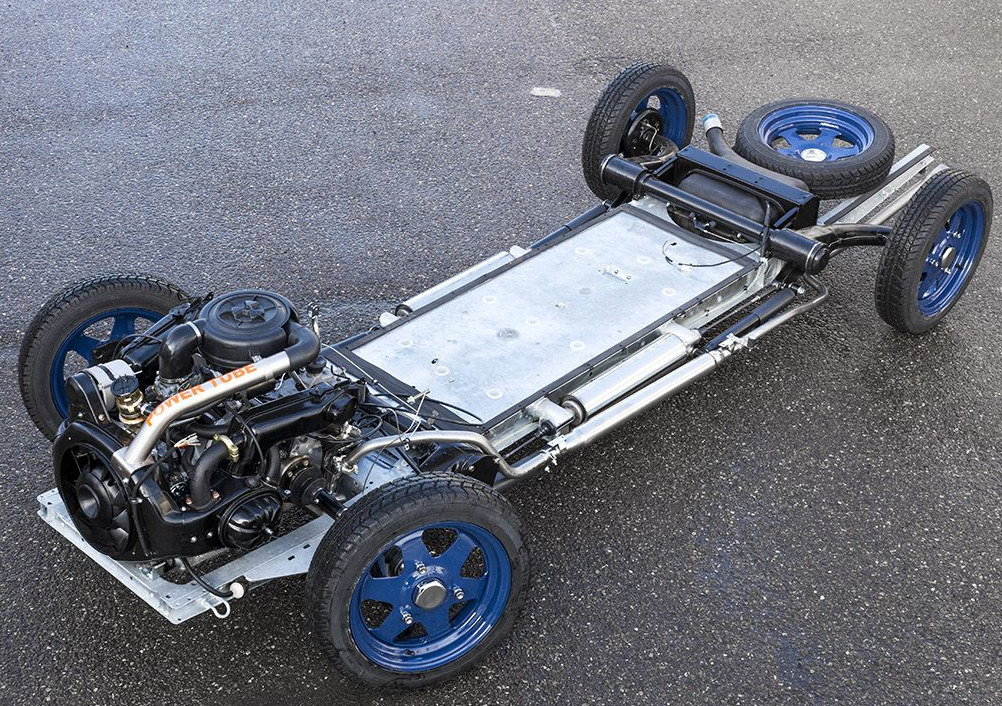
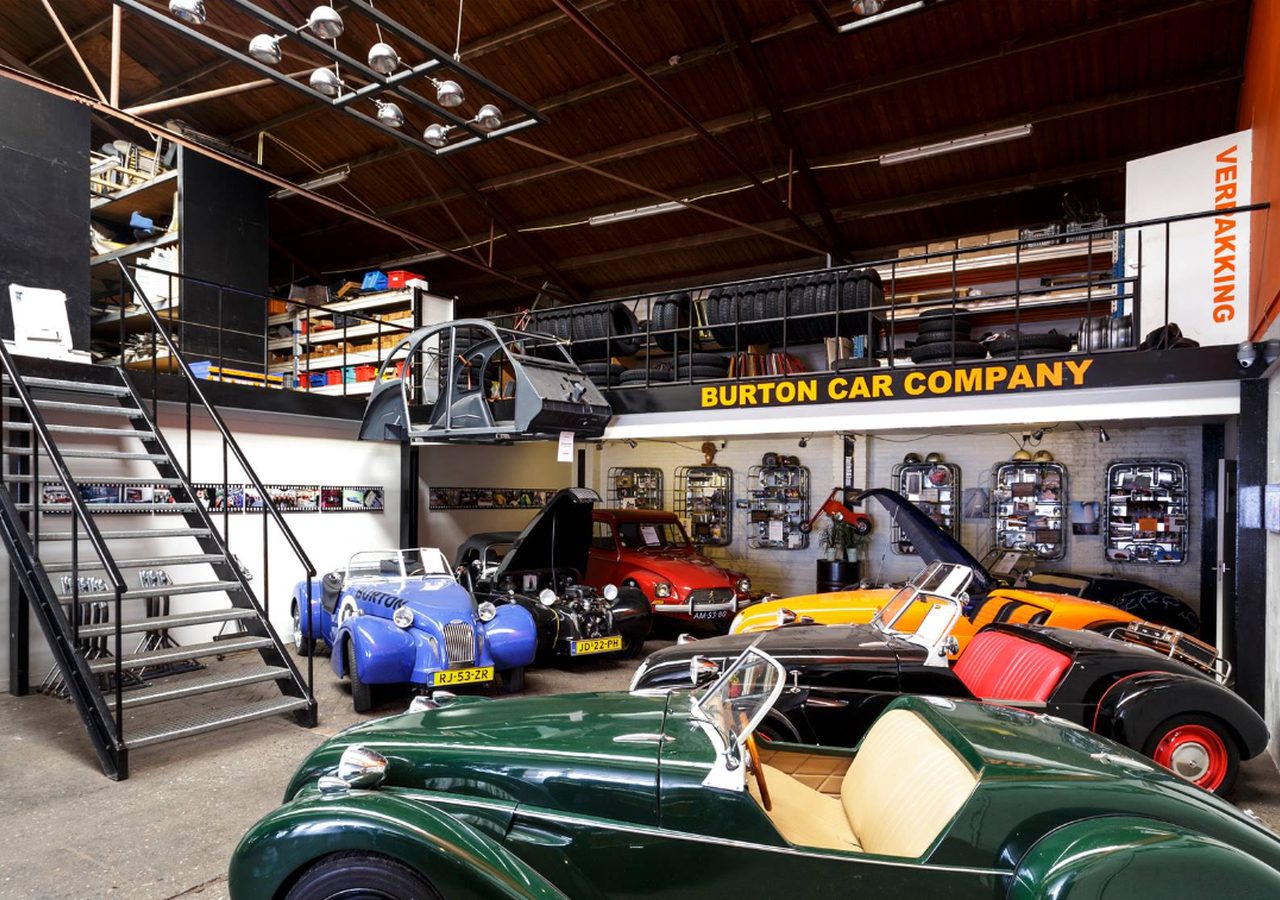
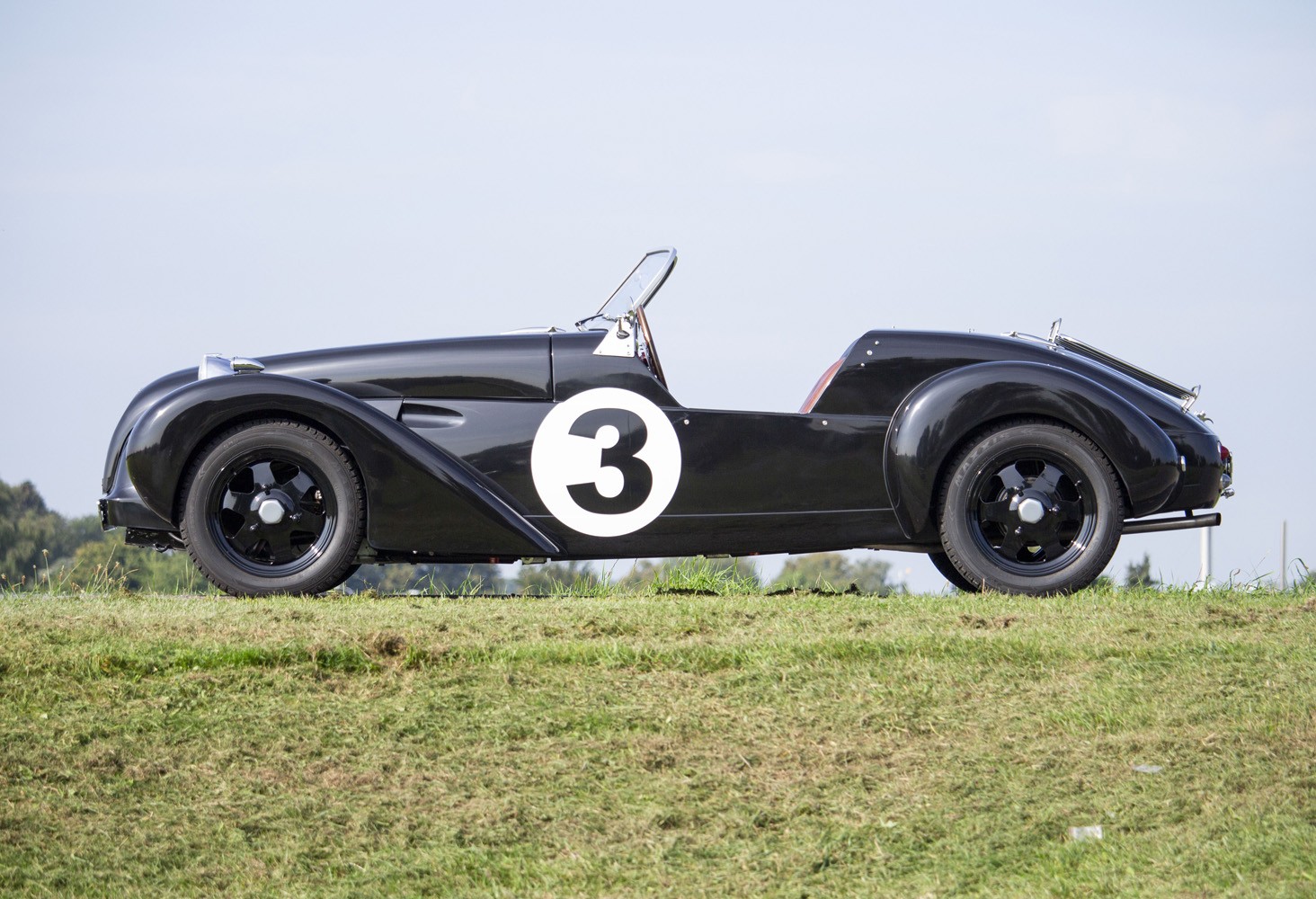
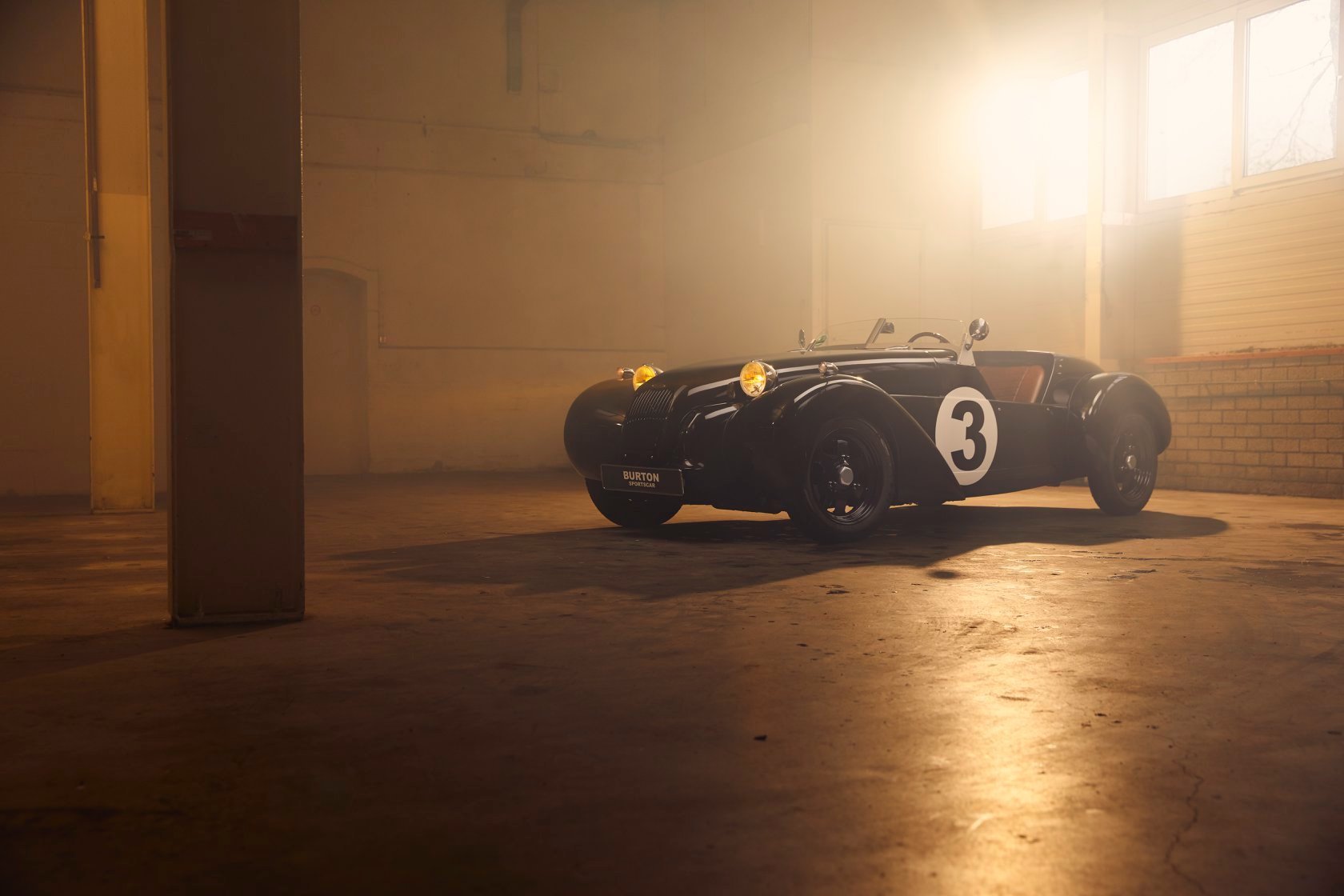
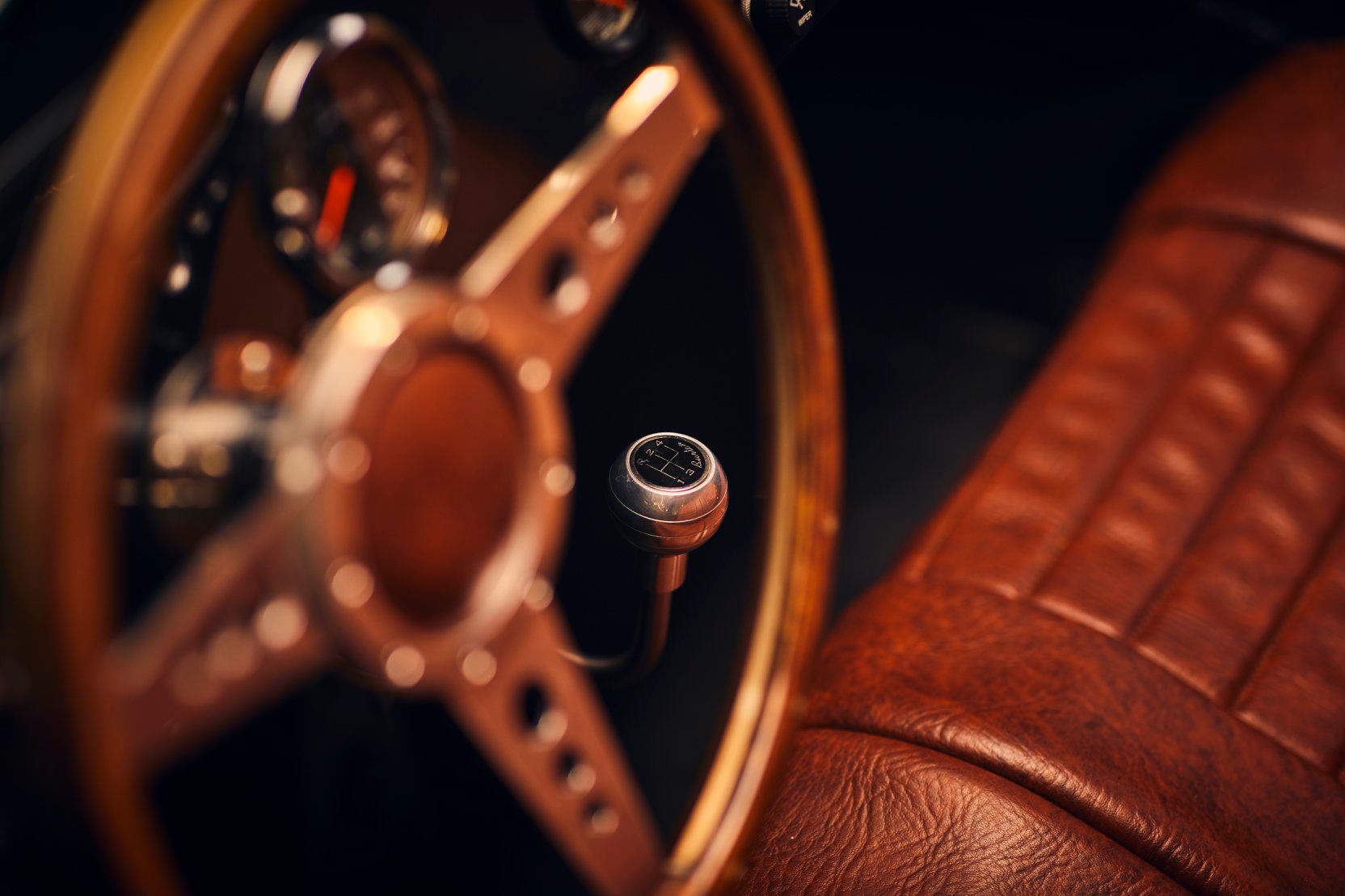

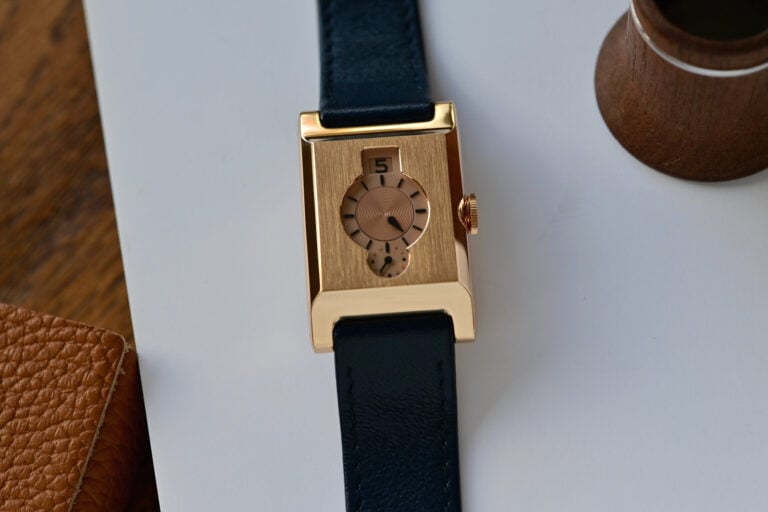
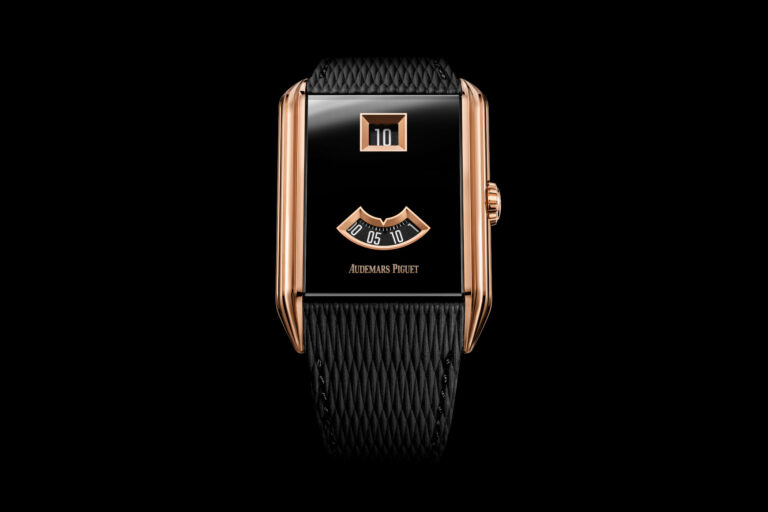
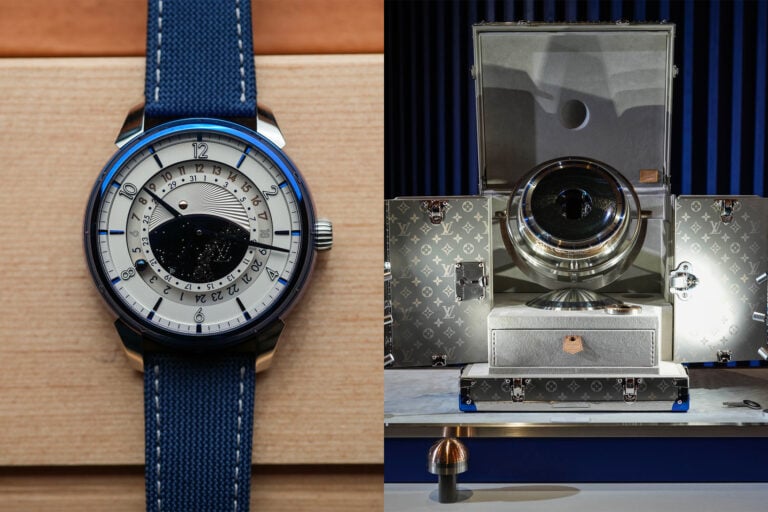
2 responses
40 mph top seed ? Fine for around the neighborhood, but that’s about it.
It all depends on the setup of the car but a Burton is generally rated at about 75mph to 85mph top speed. They are allowed on highways and motorways but the most fun is probably on winding b-roads.